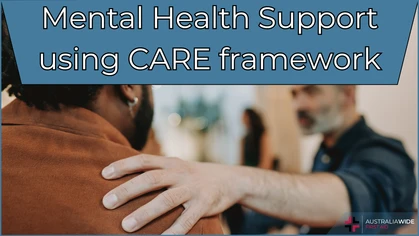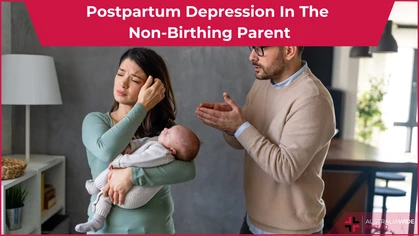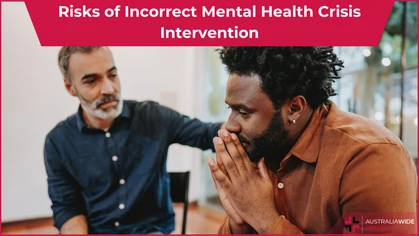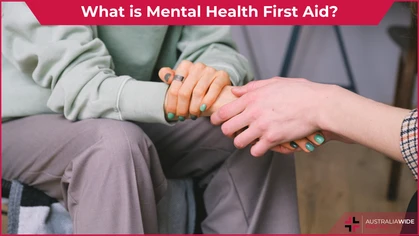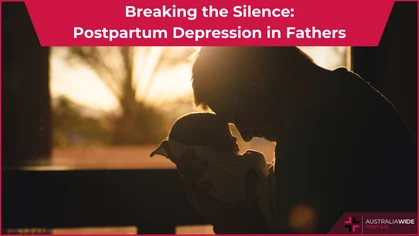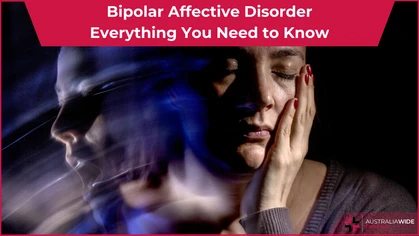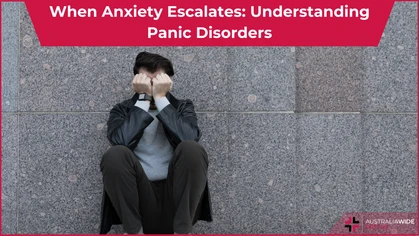Mental fitness: a complete guide of learning the basics and how to apply it to your life.

Mental Health
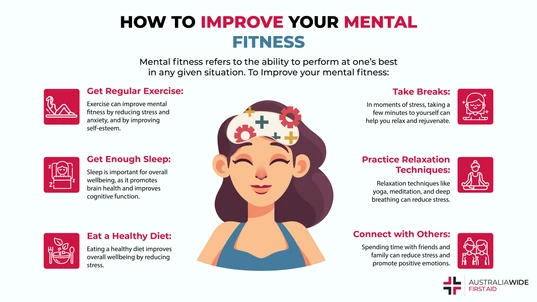
Mental health and mental fitness are two important topics that are often confused with one another. However, there are also some key differences between the two. It is important to look after our mental fitness so we can handle adversity.
Mental health and mental fitness are two important topics that are often confused with one another. While they share some similarities, there are also some key differences between the two. In this blog post, we will explore the definition of mental health and mental fitness, as well as discuss the benefits of each. We will also provide tips on how to improve your mental health and fitness.What is mental fitness?
Mental fitness is often confused with mental health. Mental health is a state of well-being in which an individual realizes his or her own abilities, can cope with the normal stresses of life, can work productively and fruitfully, and is able to make a contribution to his or her community. Mental fitness, on the other hand, refers to the skills and abilities needed to perform at one’s best in any given situation. It includes qualities such as focus, concentration, self-control, discipline, and resilience.Why is mental fitness important?
Mental fitness is important because it enables us to better cope with stress and manage our emotions. When we are mentally fit, we are better able to focus and concentrate on tasks, make decisions, and solve problems. We are also better able to control our emotions, manage stress, and stay resilient in the face of adversity.Benefits of Mental Fitness
Mental fitness has a number of benefits, both for individuals and for society as a whole. Some of the key benefits of mental fitness include:- Improved concentration and focus
- Better decision-making skills
- Increased resilience
- Improved self-control
- Reduced stress levels
Barriers to Mental Fitness
There are a number of barriers that can prevent us from achieving and maintaining mental fitness. Some of these are out of our control, such as our biology and genetics. However, there are also lifestyle factors that can contribute to poor mental fitness, such as a lack of exercise, poor diet, and excessive stress. Some barriers include:Stress
Stress can have a negative impact on our mental fitness. When we are stressed, we are more likely to experience anxiety, depression, and other mental health problems. Managing stress in a healthy and effective manner is key to maintaining mental fitness.Anxiety
Anxiety can also impede our ability to achieve mental fitness. When we are anxious, we may find it difficult to concentrate or focus on tasks. We may also avoid situations that make us feel anxious. Addressing existing anxiety issues is critical to achieving mental fitness. You may like to address anxiety with the help of a mental health professional.Depression
Depression can lead to a loss of interest in activities, fatigue, and sleep problems. These can all make it difficult to achieve mental fitness. Depression may be a barrier due to the impact it has on daily functioning and needs to be addressed. In order to address issues of depression, you may need to seek professional help.Poor Sleep
Poor Sleep can also affect our mental fitness. When we don’t get enough sleep, we may find it difficult to concentrate and focus on tasks. We may also feel irritable and anxious.Substance Abuse
Substance abuse can also impact our mental fitness. When we abuse substances, we may find it difficult to think clearly and make decisions. We may also experience mood swings and problems with our sleep.Genetic Predisposition
Some people may be genetically predisposed to mental health problems, which can impact their ability to achieve mental fitness.Illness
Illness can also have an impact on mental fitness. When we are ill, we may find it difficult to concentrate or focus on tasks. We may also experience fatigue and sleep problems.Diet
Diet can also impact our mental fitness. When we consume unhealthy foods, we may find it difficult to concentrate or focus on tasks. We may also experience mood swings and problems with our sleep.Lack of Exercise
A sedentary lifestyle can also impact our mental fitness. When we don’t get enough exercise, we may find it difficult to concentrate or focus on tasks. We may also feel irritable and anxious.Injuries
Injuries can also have an impact on mental fitness. When we are injured, we may find it difficult to concentrate or focus on tasks. We may also experience pain and fatigue.Poor nutrition
Poor nutrition can also impact our mental fitness. When we consume unhealthy foods, we may find it difficult to concentrate or focus on tasks. We may also experience mood swings and problems with our sleep.Social isolation
Social isolation can also have an impact on mental fitness. When we don’t have a supportive social network, we may find it difficult to cope with stress and other challenges. We may also feel isolated and lonely.How can I improve my mental fitness?
There are a number of things you can do to improve your mental fitness. Some of these include:- Get regular exercise: Exercise has been shown to improve mental health by reducing stress and anxiety, improving mood, and increasing self-esteem. For more information about the benefits of regular exercise, check out our post about running!
- Get enough sleep: Sleep is important for overall health and well-being. It promotes brain health and can help improve cognitive function.
- Eat a healthy diet: Eating a healthy diet helps to reduce stress and promote overall health and well-being.
- Take breaks: When you’re feeling overwhelmed or stressed, take a few minutes to yourself to relax and rejuvenate.
- Practice relaxation techniques: There are a number of relaxation techniques that can help reduce stress and improve mental health, such as yoga, meditation, and deep breathing.
- Reduce stressors: If possible, try to reduce or eliminate stressors in your life. This may include making lifestyle changes, such as simplifying your schedule or seeking professional help to address causes of stress.
- Connect with others: Social support is important for mental health. Spending time with family and friends, or being involved in activities with others can help reduce stress and promote positive emotions.
- Seek professional help: If you’re struggling with mental health issues, seek professional help from a therapist or counsellor.
When to Seek Help
If you are struggling to cope with stress or manage your emotions, it is important to seek professional help. There are a number of mental health professionals who can provide support and guidance. These include:- Psychologists
- Psychiatrists
- Social workers
- Counsellors
- Lifeline Australia: 13 11 14
- Suicide Call Back Service: 1300 659 467
- Kids Helpline: 1800 55 1800
- MensLine Australia: 1300 78 99 78
- Beyond Blue: 1300 22 4636
First Aid for Mental Fitness
While mental fitness is important for overall health and well-being, it is also important to be aware of the signs and symptoms of mental illness. If you are concerned that someone may be experiencing a mental health crisis or expresses thoughts of suicide, it is important to seek professional help immediately and emergency services if required. In the meantime, here are some tips on how to provide first aid for mental fitness:- Listen: It is important to listen non-judgmentally to what the person is saying. This can help to assess the situation and provide support.
- Encourage the person to seek professional help: If you are concerned about someone’s mental health, encourage them to seek professional help. This can be done by making an appointment with a mental health professional or calling a crisis line. Remember that if the person states that they have intentions of harming themselves or suicide, it is important to contact emergency services or crisis lines.
- Provide support: It is important to provide emotional support to someone who is struggling. This can be done by offering words of encouragement, lending a shoulder to cry on, or simply listening.
- Promote healthy coping mechanisms: Help the person to find healthy ways to cope with their emotions. This can include exercise, relaxation techniques, and social support.
Originally published at
https://www.australiawidefirstaid.com.au/resources/mental-fitness
as part of the Australia Wide First Aid Articles Library

